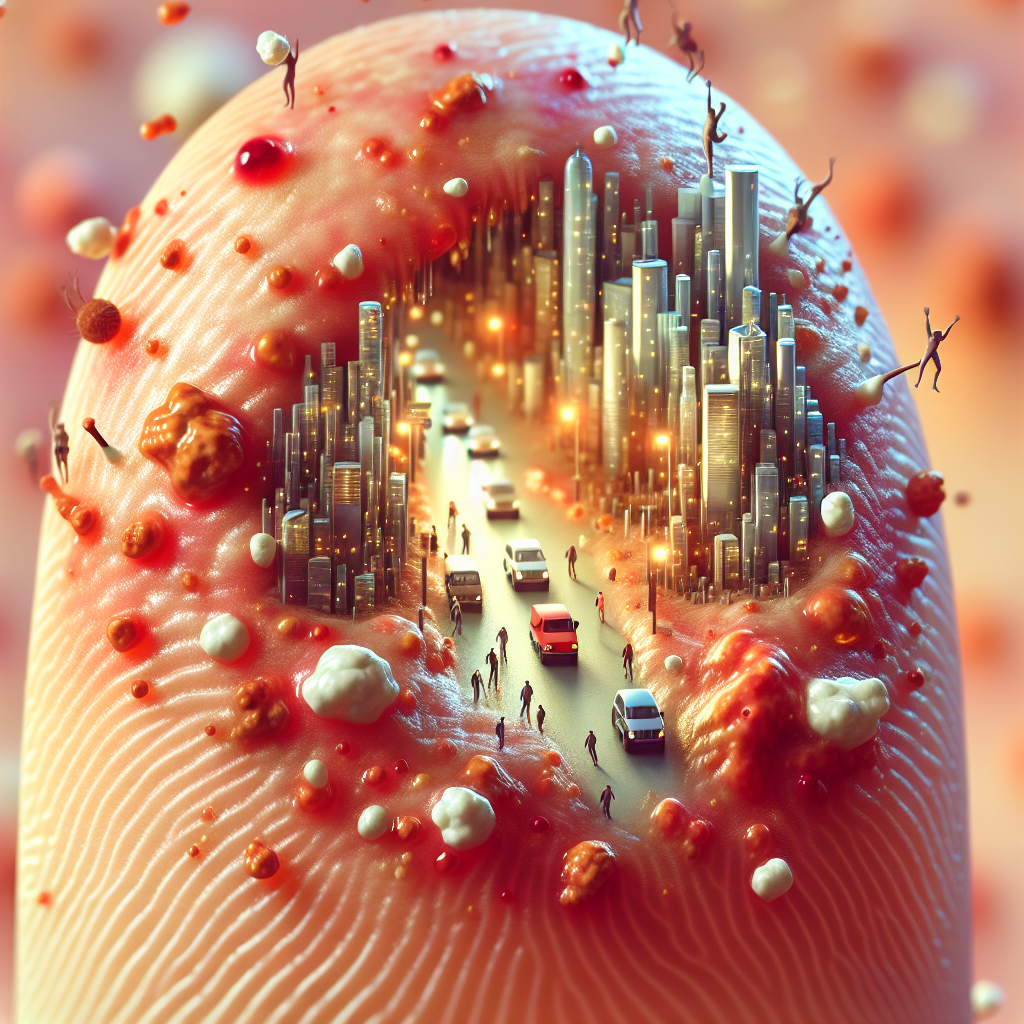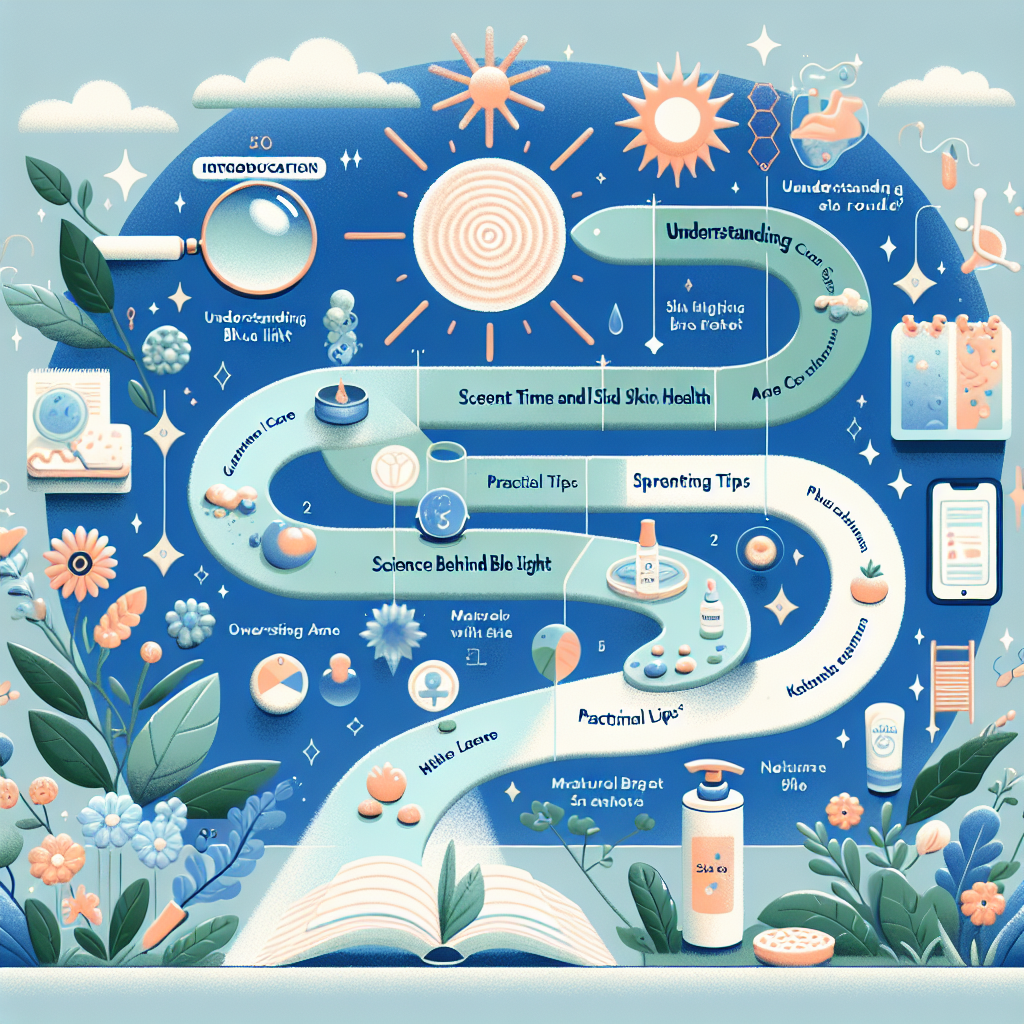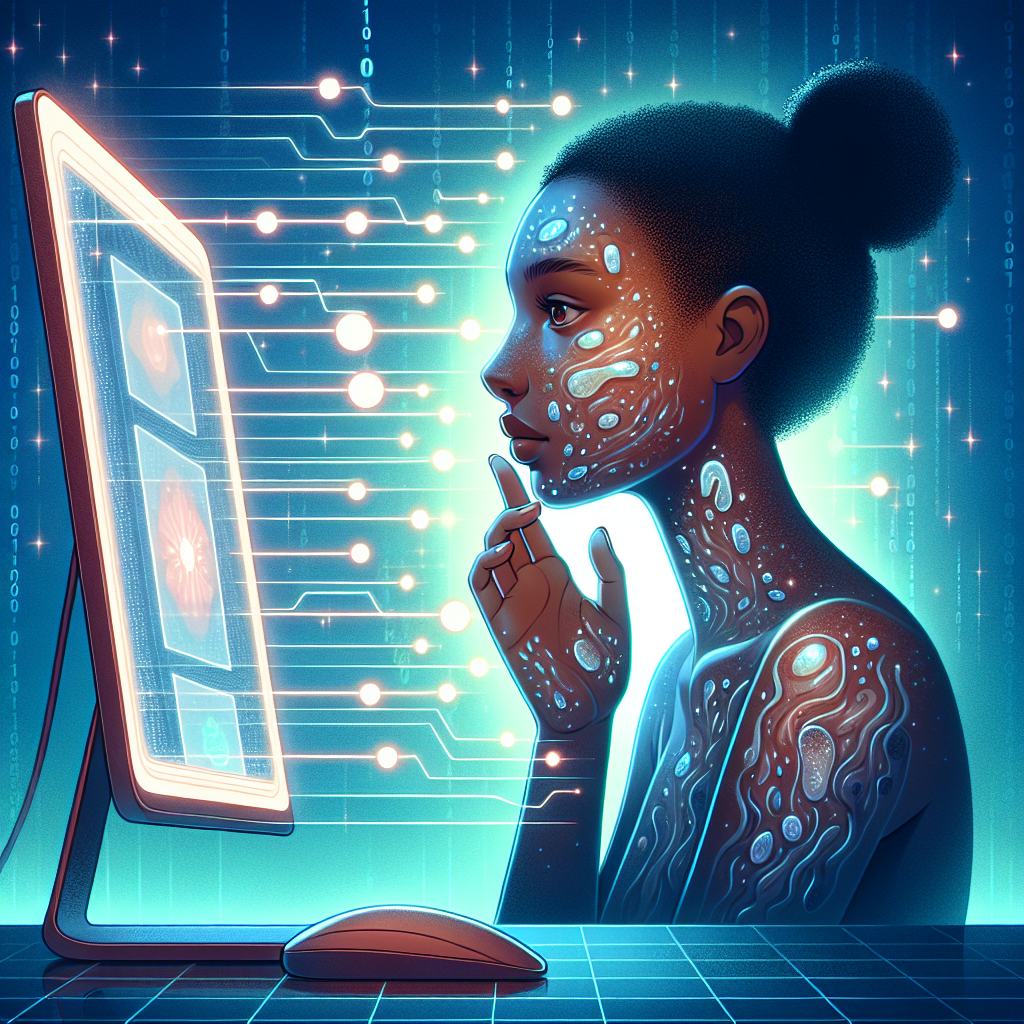How to Cure Acne: The Impact of Screen Time on Skin Health
Welcome to the digital age, where screens dominate our lives more than ever. From work-related tasks to social media scrolling, our screen time has increased significantly. But, have you ever considered how this affects your skin, particularly in relation to acne? In this blog post, we’ll explore the connection between screen time and skin health, and provide you with actionable tips to manage acne effectively. 🌟
Table of Contents
1. Introduction
2. Understanding Acne: Causes and Symptoms
3. Screen Time and Skin Health
4. The Science Behind Blue Light and Skin Damage
5. Practical Tips to Reduce Acne Caused by Screen Time
6. Natural Remedies for Acne
7. Conclusion
8. FAQs

Understanding Acne: Causes and Symptoms
Acne is a common skin condition that affects millions of people worldwide. It occurs when hair follicles become clogged with oil and dead skin cells. This blockage often leads to whiteheads, blackheads, or pimples. Although acne is most prevalent during puberty, it can affect individuals at any age.
Common causes of acne include hormonal changes, certain medications, diet, stress, and poor skincare habits. But, in today’s digital world, could screen time be another contributing factor? 🤔
Screen Time and Skin Health
With an increasing reliance on digital devices, many of us spend hours in front of screens every day. This prolonged exposure can lead to various skin issues. The artificial light emitted from screens, also known as blue light, is a significant concern for dermatologists.

Excessive screen time can cause eye strain, disrupt sleep patterns, and potentially harm your skin. The blue light emitted from screens may contribute to premature aging, hyperpigmentation, and even acne. But how exactly does this happen?
The Science Behind Blue Light and Skin Damage
Blue light has a short wavelength and high energy that can penetrate deeper into the skin compared to other types of light. Research suggests that prolonged exposure to blue light can induce oxidative stress, leading to inflammation and damage to skin cells.
Oxidative stress can exacerbate acne by increasing oil production and promoting bacterial growth. Furthermore, the stress induced by screen-related activities can also trigger acne breakouts. It’s a vicious cycle, but understanding the science can help you manage it better. 🔬
Practical Tips to Reduce Acne Caused by Screen Time
1. Limit Your Screen Time: Try to take regular breaks from screens. The 20-20-20 rule is a great method: every 20 minutes, look at something 20 feet away for at least 20 seconds.
2. Use Blue Light Filters: Many devices now have built-in blue light filters. Activate these settings to reduce your exposure during screen use.
3. Maintain a Healthy Skincare Routine: Cleanse your face twice daily with a gentle cleanser to remove excess oil and dirt. Use non-comedogenic products that won’t clog pores.
4. Hydration is Key: Drink plenty of water to keep your skin hydrated and flush out toxins.
5. Manage Stress: Incorporate relaxation techniques such as meditation or yoga into your daily routine to help reduce stress levels.
Natural Remedies for Acne
If you’re looking for natural ways to combat acne, consider these remedies:
1. Aloe Vera: Known for its soothing properties, aloe vera can help reduce inflammation and redness.
2. Tea Tree Oil: With its antibacterial properties, tea tree oil may help reduce acne-causing bacteria.
3. Honey and Cinnamon Mask: This combination has anti-inflammatory and antibacterial benefits, making it a great choice for acne-prone skin.
Conclusion
While screen time is an unavoidable part of modern life, being mindful of its impact on your skin is crucial. By understanding the relationship between blue light and acne, and implementing simple lifestyle changes, you can improve your skin health and reduce acne breakouts. Remember, your skin is a reflection of your overall well-being, so treat it with care. 🌿
FAQs
Q1: Can blue light from screens really cause acne?
A1: While blue light itself doesn’t directly cause acne, it can exacerbate existing skin issues by contributing to oxidative stress and inflammation.
Q2: How much screen time is considered too much?
A2: It’s best to limit screen time to no more than 2-3 hours outside of work-related tasks and to take regular breaks to reduce eye and skin strain.
Q3: Are blue light filters effective?
A3: Yes, blue light filters can reduce exposure and help minimize potential skin damage. They are a simple and effective way to protect your skin.
By taking these insights and tips on board, you’re well on your way to healthier skin in this digital era. Stay informed, stay proactive, and your skin will thank you! 😊
